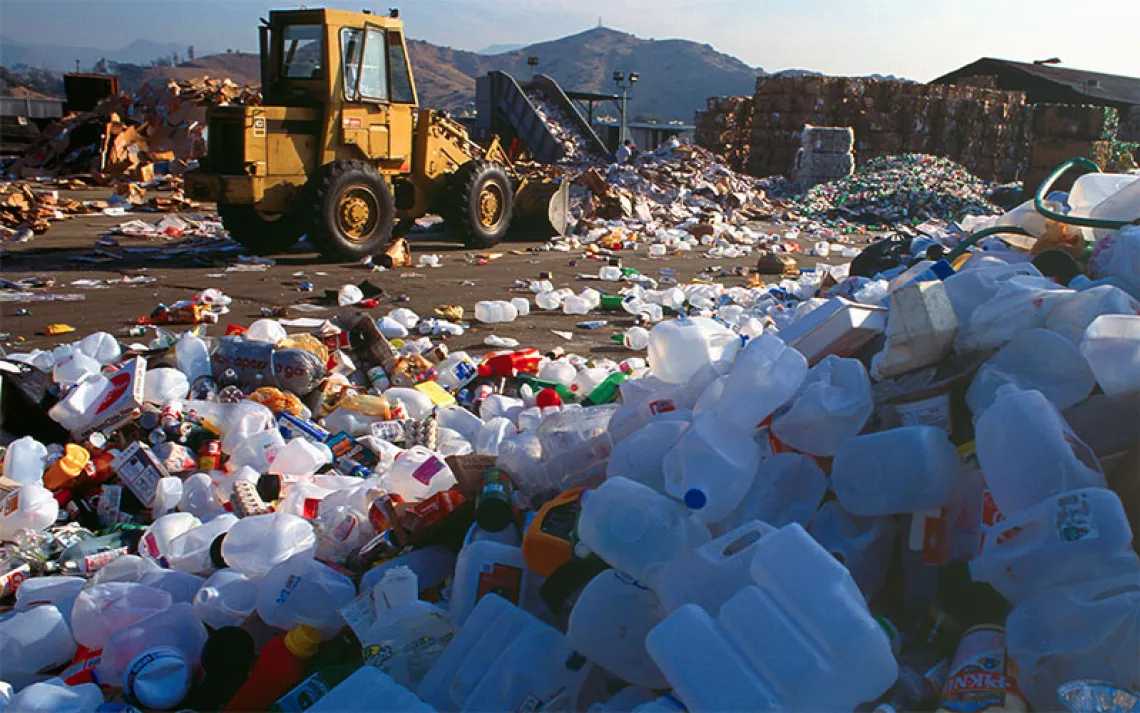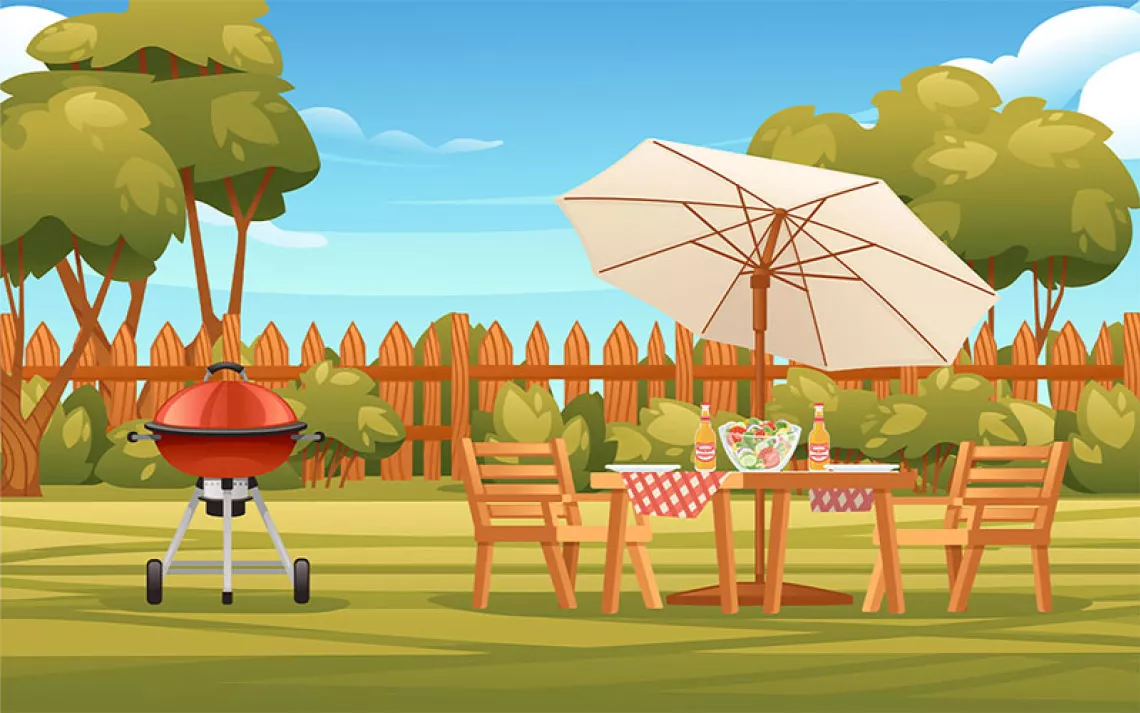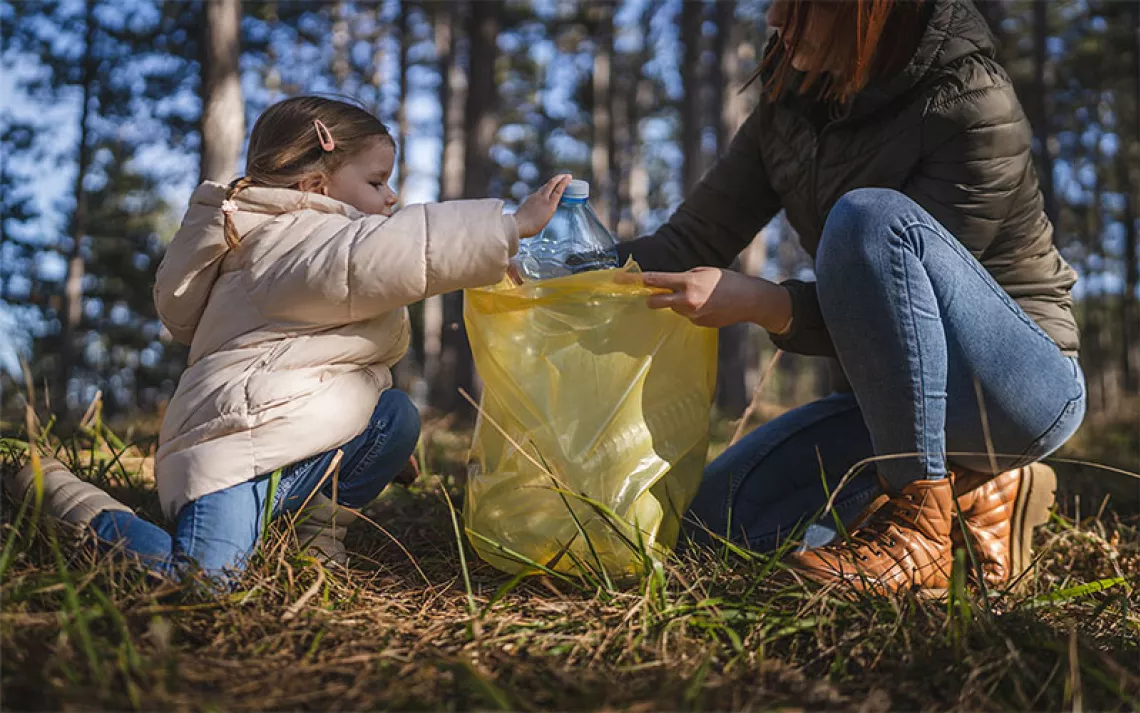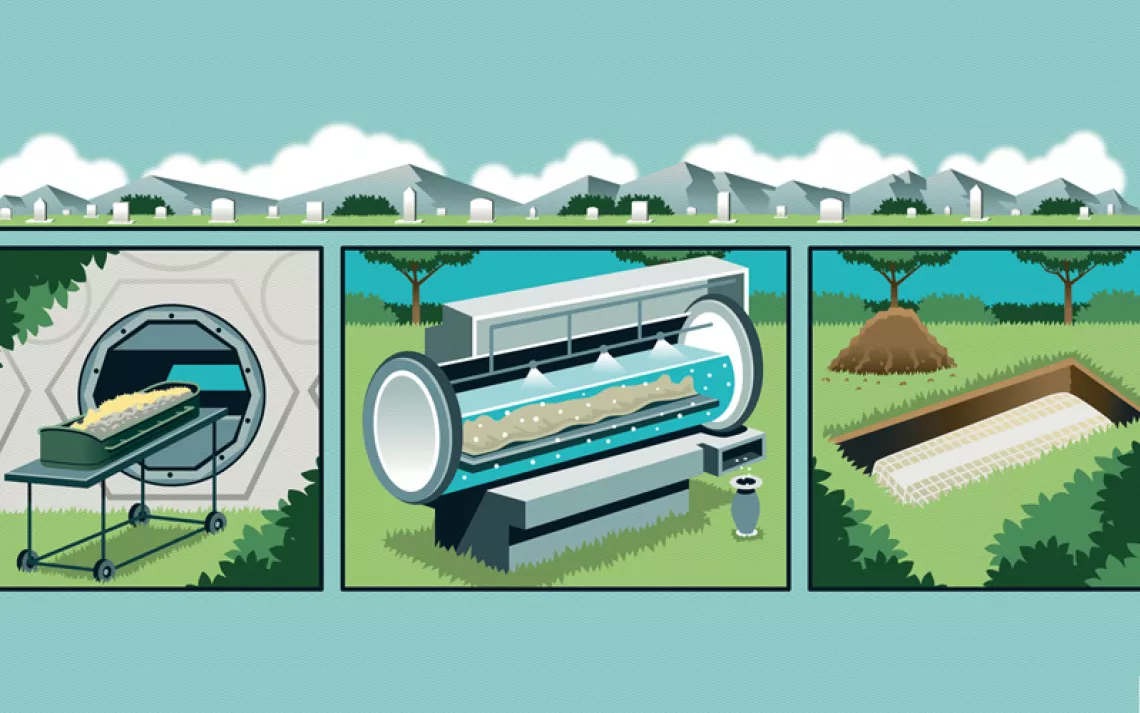Recycle, Right?

Photo by iStockphoto_ marekuliasz
When it comes to recycling, you probably have the basics down—how to sort paper, plastic, and glass, and hopefully, which categories of plastic your local recycler accepts. It’s the household odds and ends that may leave you wondering about do’s and don’ts. Recycling is great, but informed recycling is better. Blue bin faux pas can slow down the sorting process and contaminate other recyclables. Here’s a list of some common items and what to do with them to help you figure it all out:
Receipts
These little guys add up. While the regular paper and ink receipts are usually accepted by recycling facilities, the glossy, smooth, thermal paper receipts you probably see much more often are recycling rejects. Most areas require or recommend that thermal paper is kept out of the recycling stream because it contains chemicals including BPA. If the idea of trashing a pile of receipts while simultaneously sending more BPA into the environment makes you cringe, commit to opting for electronic receipts at the register.
Sticky Notes
The humble self-adhesive life-organizers, commonly known as sticky-notes and peel-and-stick labels are, much to our relief, recyclable. Recycling programs have to perform an industrial de-inking process to make paper recyclable, and manufacturers like 3M conducted various tests that found adhesives could be removed during this process. If your local recycling program accepts mixed paper, they probably accept sticky notes, but check to make sure they have the proper equipment.
Cotton Balls and Q-Tips
If these little hygiene helpers are made from 100 percent cotton and cardboard, they can actually be tossed into the compost bin. Composting is great because, unlike recycling, it’s impact-free. Toss your organic waste into a bin and let the microorganisms and bacteria do the dirty work. If you haven’t already, learn how to start a bin (even city-dwellers can participate).
Dryer Sheets
Soft, non-staticky, fresh-smelling clothes can make you feel great but a pile of dryer sheets in the trash is sure to give you the greenie goosebumps. Since these laundry aids are made of polyester and coated with chemicals, they are not recyclable, but they are reusable. Stick used dryer sheets in smelly shoes or garbage cans to give them a fresh scent, or soak a dryer sheet in a dirty pot overnight to help loosen up stubborn messes. Before buying another box of dryer sheets, consider switching to dryer balls—they perform the same task, are completely reusable, and can significantly cut down dryer time meaning you’ll save money, energy and space in the landfill.
Styrofoam
Very few recycling programs accept expanded polstyrene foam, and it can take over a million years to decompose. So what to do when you receive a package filled with packing peanuts or molded foam? Find a way to keep the puffies in use. Save the peanuts for the next time you send something fragile or donate them to a retail shipping location that accepts them for reuse. For other pieces of foamed polystyrene, check online to see if you live near a facility that will accept them. Since foam-accepting drop-off locations are few and far between, mailing unwanted polystyrene to a mail-back location near you can be a convenient, economical option—just be sure to remove stickers and tape before sending.
Electronics
With exciting new gadgets and gizmos constantly hitting the shelves, it’s easy to collect a pile of mismatched cords, chargers, and devices. If your area doesn’t have a pick-up program for electronics, you can still easily send those antiques off to become something new by dropping them off at a Best Buy store no matter their condition or age. Apple also accepts unwanted devices for responsible recycling, and qualifying products can earn you a gift card. Delete all of your personal information from the device, then send those valuable metals, plastics, and glass off to rejoin the production stream.
Pens, Brita filters, and other Tough stuff
Turn to TerraCycle, a recycling company that offers recycling programs that are funded by brands but free to you. The company is “eliminating the idea of waste” by reusing, upcycling, and recycling materials that aren’t usually accepted by curbside recycling programs. Finally, there are greener pastures for those energy bar wrappers and K-cups.
 The Magazine of The Sierra Club
The Magazine of The Sierra Club



